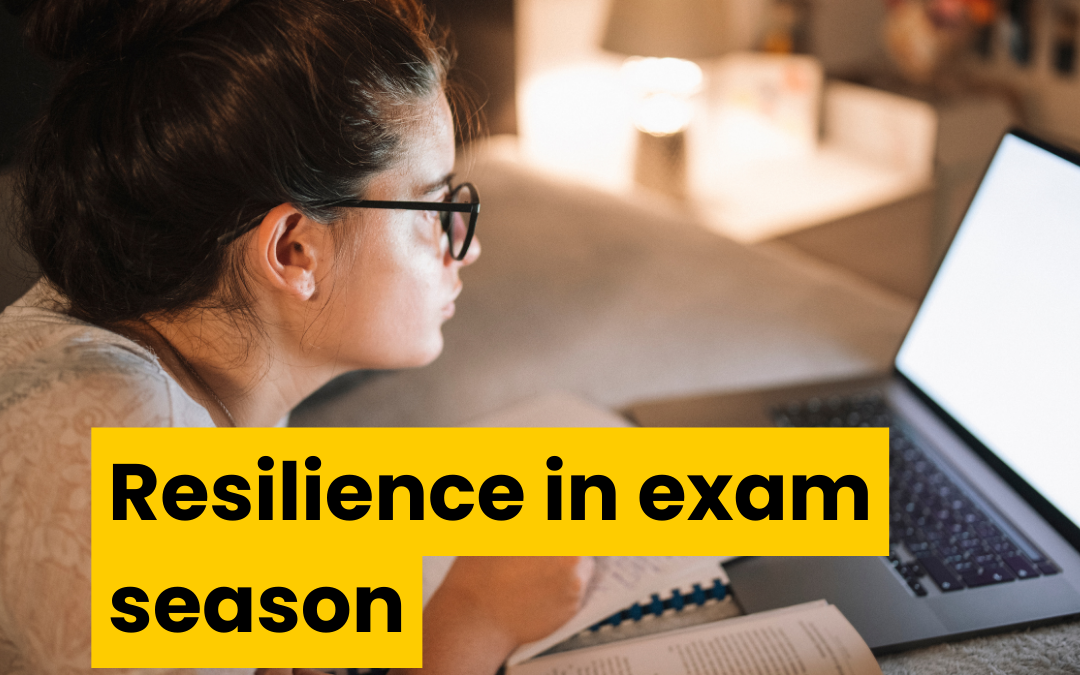Even if you are well prepared for exams and assessments they can be stressors. Resilience is the process of adapting well in the face of adversity or significant sources of stress.
These tips can help you build resilience and reduce stress levels during exam and assignment season.
Avoid cramming
This can produce high levels of anxiety and won’t help you learn a large amount of material.
Brain food is important
What you eat can have an impact on energy levels and focus. Keep your body and brain well nourished with foods like fish, nuts, seeds, yoghurt and blueberries.
Change your attitude
Change the way you think about sitting exams. An exam will not predict your future success or determine your self-worth.
Don’t shut yourself away
Study with friends. They may have the answers for the questions that you have and vice versa.
Prepare for your exam
If you can, set up an exam simulation. Take a practice paper under exam conditions. Ask friends if you can practice in front of them if you have practical or oral exams.
Revise Right
Ensure that you get hold of the right information from the start. Find out what you will be assessed on and focus on that. Don’t get distracted by irrelevant topics.
Sleep. Sleep. Sleep
Reward your mind every night with at least 8 hours of uninterrupted sleep. Sleep helps your brain to assimilate new knowledge into your long-term memory so that you can recall it when it comes to the exam day.
Our sleep tips can help you sleep more easily if you’re stressed or anxious about exams and assignments.

